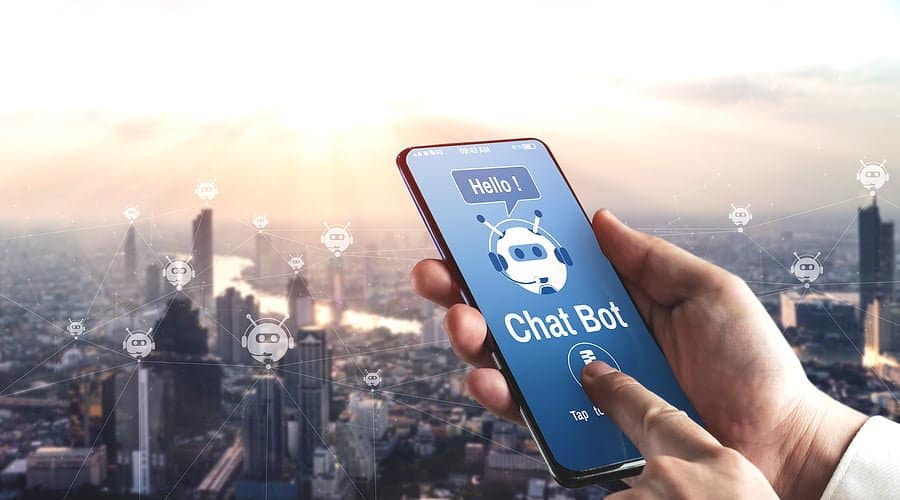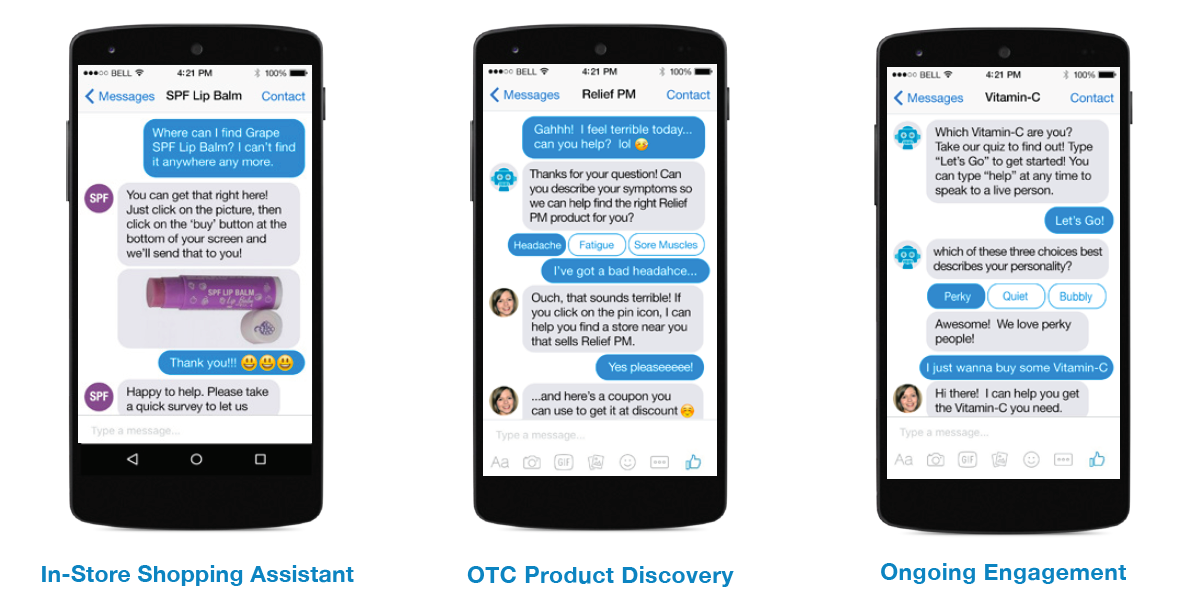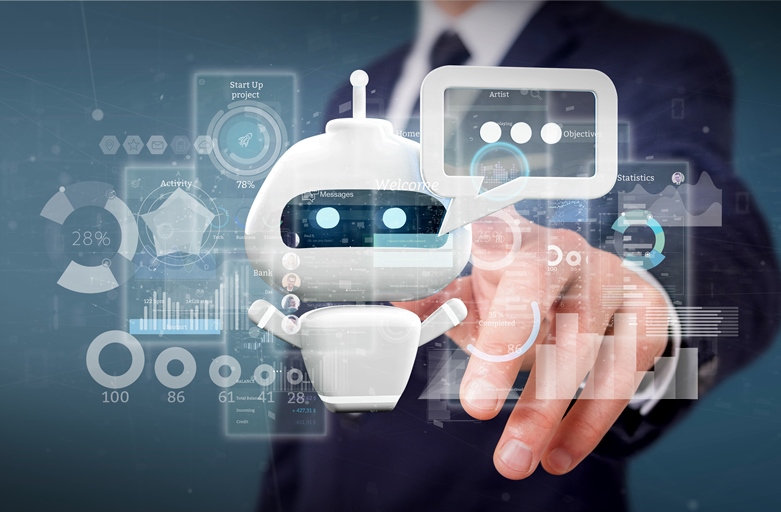
Medical Advice: Based on their symptoms and medical history, ChatGPT can offer patients medical recommendations and advice.The chatbot can remind patients to check their vital signs and notify medical staff if anything changes or causes them concern. Remote Monitoring: ChatGPT can be used to remotely monitor patients, enabling medical professionals to keep an eye on their health.The chatbot can inform healthcare professionals about treatments, medications, and diagnostic procedures and assist them in choosing the best course of action.

Clinical Decision Support: Healthcare professionals can use ChatGPT as a clinical decision support tool to assist them in making educated decisions regarding patient care.The chatbot can inform patients about clinical trials and assist them in determining their eligibility. Clinical Trials: ChatGPT can be used in clinical trials to help with participant recruitment and data collection.The chatbot can answer any questions patients may have and give them information about treatments, medications, and lifestyle changes. Patient Education: Patients can use ChatGPT to educate them about their health and conditions, empowering them to choose their own care in an informed manner.Patients can be questioned by the chatbot about their symptoms and given a list of potential diagnoses as well as guidance on what to do next. Symptom Checker: As a symptom checker, ChatGPT can assist patients in identifying their symptoms and selecting the best course of action.Patients can use the chatbot to ask questions about their symptoms, medical procedures, and prescription drugs, and the chatbot will respond with accurate and recent answers. Virtual Assistant for Patients: Patients can use ChatGPT as a virtual assistant to get immediate access to information about their health and conditions.In this article, we will discuss the top 10 applications of ChatGPT in the healthcare industry. Given its extensive training experience and its superior natural language understanding, it is regarded as state-of-the-art in conversational AI.

The capabilities of ChatGPT have recently received a lot of media attention. One of the most well-liked AI chatbots, ChatGPT from OpenAI, has many uses in the healthcare industry. AI-powered chatbots are now an important tool for healthcare providers thanks to technological advancements, providing a number of advantages to both patients and healthcare professionals. One of the sectors with the fastest rate of growth worldwide is the healthcare sector, which is always changing to accommodate patients’ changing needs. However, he added that the tech "takes the places in healthcare where AI can be beneficial and expands them by 10-fold.Here are the top 10 applications of OpenAI’s ChatGPT in the healthcare industry "I don’t feel that this kind of technology is yet at a place where I would want it in my family’s healthcare journey," said Google senior research director Greg Corrado. In an internal email seen by the WSJ, Google said it believes the updated model could "be of tremendous value in countries that have more limited access to doctors." Still, Google has admitted that the technology is still in its early stages. Last month, Microsoft expressed alarm about its ChatGPT technology being used by doctors to improve communications with patients. Both companies have promised to keep patient information confidential, saying they don't train their models on patient data.

Google is also working on using its AI for ultrasound diagnosis and cancer therapy, it revealed in March.
#AI CHATBOT FOR HEALTHCARE SOFTWARE#
Microsoft is also developing medical AI chat tech based on OpenAI's ChatGPT, having teamed up with the healthcare software company Epic. More negatively, it showed the same accuracy problems we've seen on other Chat AI models. On the positive side, it demonstrated features like "alignment with medical consensus," reasoning ability, and even the ability to generate answers that were preferred by respondents over physician-generated responses. That gives it expertise in answering health-related questions, and it can also do labor-intensive tasks like summarizing documents and organizing research data, according to the report.ĭuring I/O, Google released a paper detailing its work on Med-PaLM2. Unlike the base model, Med-PaLM-2 has been trained on questions and answer from medical licensing exams, along with a curated set of medical expert demonstrations.

It's based on the company's PaLM 2 large language model (LLM) that underpins Bard, Google's ChatGPT rival - and was launched just months ago at Google I/O. Google is already testing its Med-PaLM 2 AI chat technology at at the Mayo Clinic and other hospitals, The Wall Street Journal has reported.


 0 kommentar(er)
0 kommentar(er)
